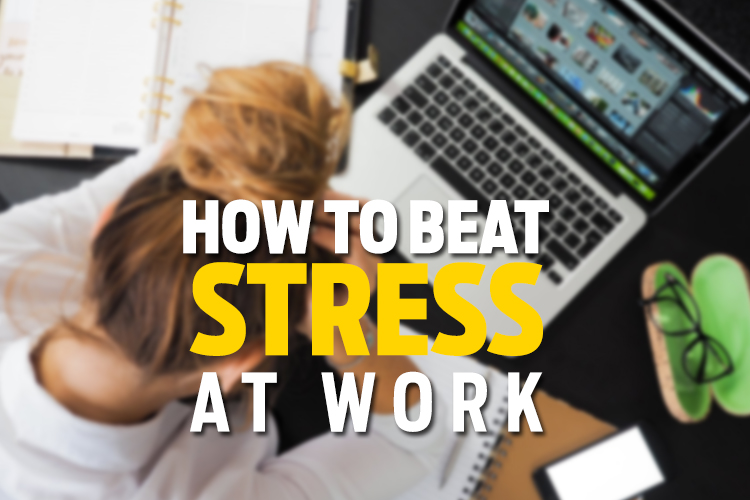If we had lived in the 14th century, we would most certainly have used the word stress but it would have had very little to do with our psychological state. At that time, stress had more to do with adversity, hardship, or some form of affliction. For the people at that time, stress had a completely different meaning. These are the times when people were associated with intense scientific and industrial progress. With developed sciences, language adapted in order to accommodate as well as articulate the occurring changes. The terms like stress, strain, resilience, and elasticity were used by the physical sciences most notably by engineering in order to describe the effects of the materials.
It was not until the 18th century that a shift in the meaning of the words stress started to occur. The developing ideas about stress were put forward by Hans Selye, founder of the stress theory in 1936 who explained a three-step process known as the general adaptation syndrome. It showed that in response to some external stressors, humans first react by mobilizing their physical resources in order to deal with the stressor. This is an alarm stage which is followed by a resistance stage.
The resistance stage involves attempts to cope with the external stressor. The third stage is exhaustion which occurs when an individual is repeatedly exposed to the stressor and is unable to cope with it. Today’s term stress is used in different ways and surely for different purposes. It is more seen as a negative experience no matter that scientists have distinguished between negative and positive stress. But very clearly the term stress now embraces the biochemical, behavioral, psychological, and physiological effects.
Stress at the workplace:
Numerous studies have shown that stress at work so far has become a major source of stress for many people around the world. Working with annoying co-workers is the deadliest form of stress. The increased levels of stress at work have resulted in an increased rate of heart attacks, hypertension, and other serious disorders. It has been found that the relationship between job stress and heart attack is so acknowledged that many workers have suffered a coronary event on or off the job.
Stress is a personalized phenomenon and can occur in identical situations for many different reasons. It has been found that the severity of job stress depends on the magnitude of the demands that are being made. A new research ‘technostress’ explains how unconstrained emails and smartphones damage your health.
It also depends on the individual’s sense of control or decision-making latitude a person has in dealing with stress at work. It has been confirmed that workers who perceive themselves as subject to high demands but with little control are at an increased risk of cardiovascular diseases.
Statistics of workplace stress:
Many studies that have been carried out have shown that occupational pressure and fear are the leading sources of stress at work for adults. There have been tons of statistics to prove that stress-related issues have increased in the past, primarily because of not balancing work and private life. Stress on the job interferes with your work performance, health, and personal life. It makes it hard for you to take action on your goals and become productive.
Common causes of stress at the workplace include the fear of being laid off, doing overtime due to staff cutbacks, the pressure to perform according to increasing expectations, having no job satisfaction, the pressure to work at an optimum level at all times, and lack of control to perform the actual work.
No matter how you are living and how much stressful a job you are dealing with, there are ways you can do to reduce your overall stress levels. It will help you to regain a sense of control at work and in your personal life. Following are the ways to reduce and manage stress at the workplace: Have a solid support system that includes your family and friends. They should be able to support you in times of need and when you are experiencing stress.
Building new and satisfying relationships can also help you reduce stress at work. Get out of your circle and meet new people who have the same interests as you, take a class, or volunteer your time.
No matter how much stress you are experiencing, pay attention to your health and exercise. Eat food that gives you energy and helps you to stay focused. For stress relief, it is important that you get at least 30 minutes of physical activity on most days. When you are stressed, you crave more sugary or baked food. But that does not help with your stress instead, it worsens it.




